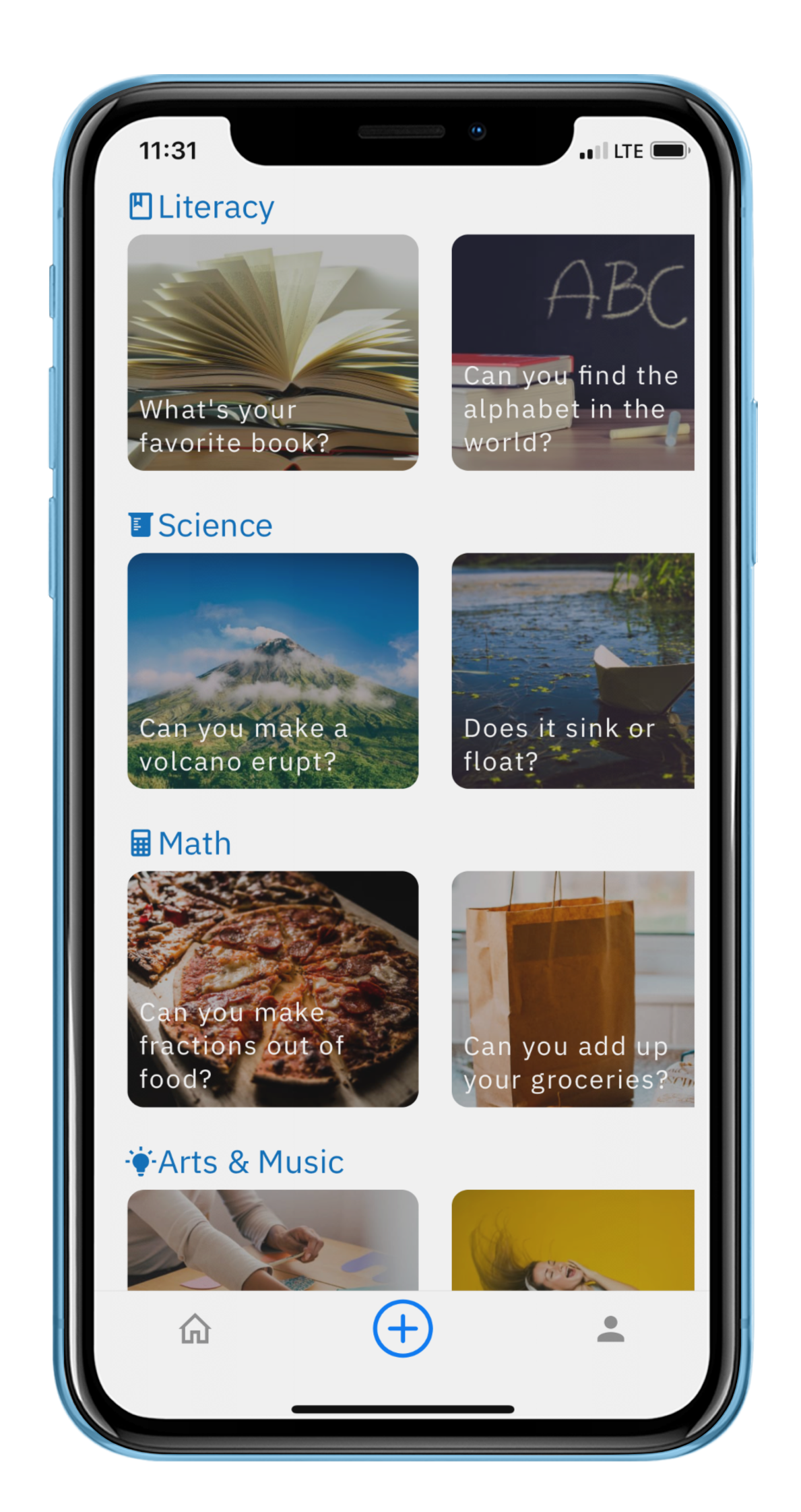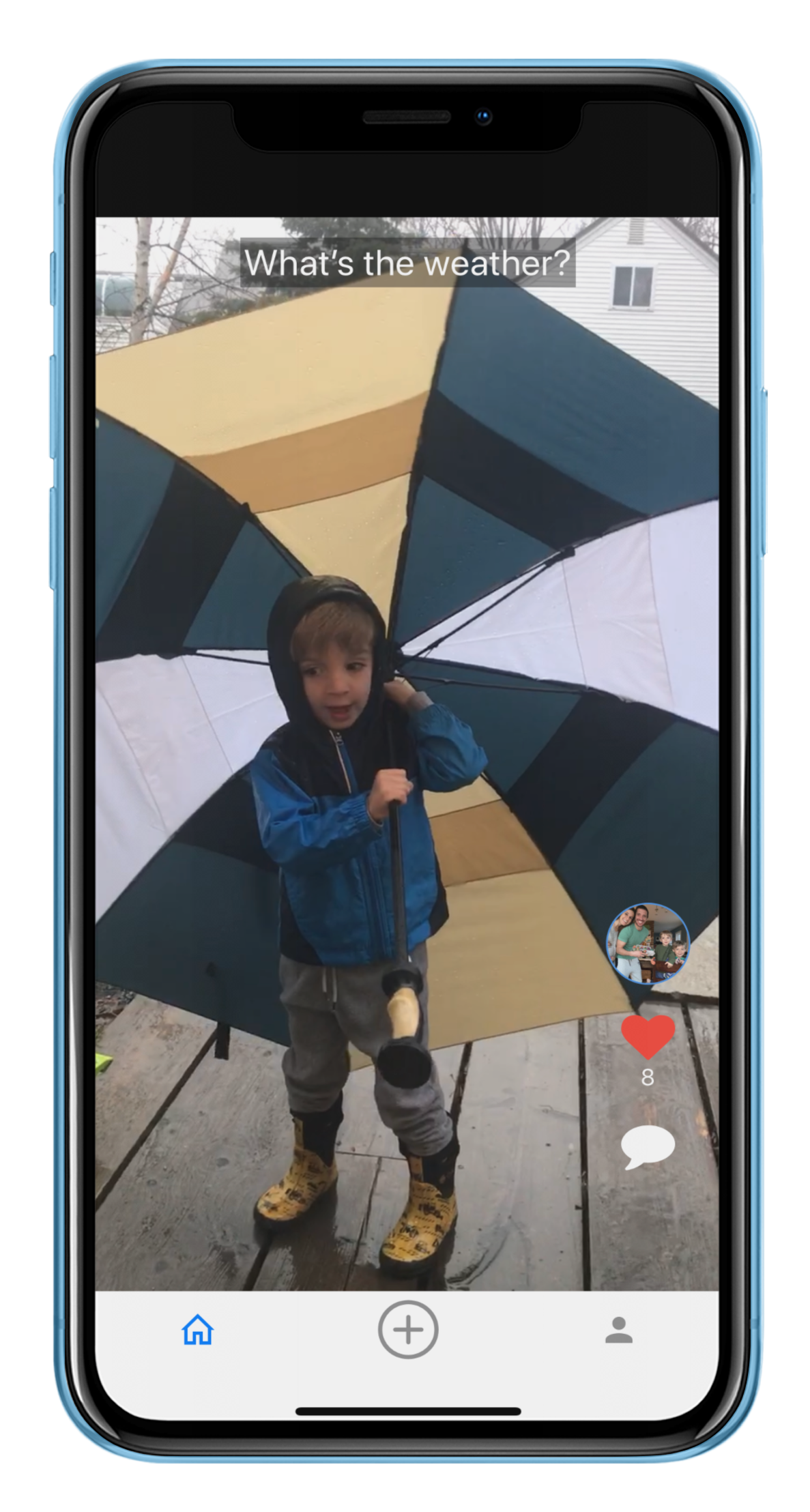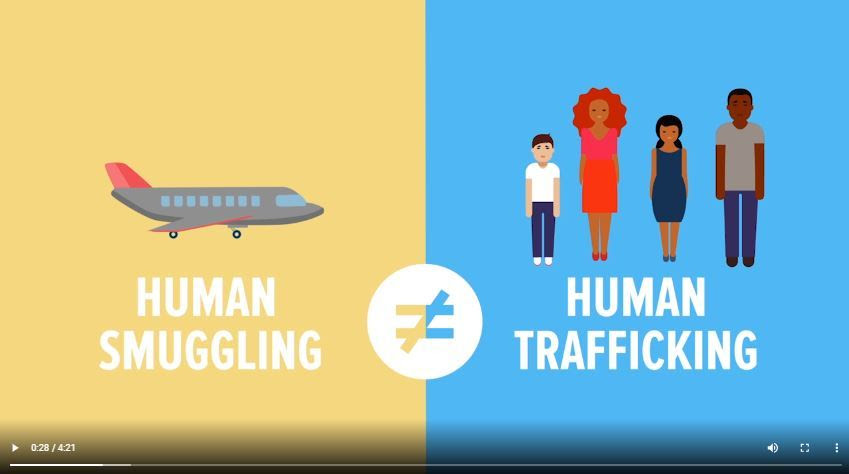CHICAGO — A pair of undocumented Polish immigrants charged with running a prostitution ring complained in a recorded conversation about how the spread of the coronavirus had disrupted their sex trafficking operation, authorities said.
The two men ran what was known as the "Norridge Girls" prostitution operation, which involved arranging for the arrival of a rotating roster of sex workers from Poland, Russia, Ukraine and the Czech Republic, according to federal investigators.
Marcin Ciborowski, also known as "Rafal Golaszewski," was arrested Feb. 14 at O'Hare International Airport. The same day, immigration officials intercepted and turned back a pair of women suspected of working in his prostitution scheme that he had allegedly been waiting to pick up.
Ciborowski, who has been held ever since at the McHenry County Jail, has been arrested at least five times in four states, including twice in Illinois, according to the feds. His most recent arrest was a 2016 DUI charge in Illinois.
Authorities said he has been held in administrative custody pending his removal to Poland, which has been delayed by the cancellation of flights due to the coronavirus pandemic. He was previously deported in 2002 but arrested again in 2005 after illegally reentering the country, prosecutors said.
Ciborowski told investigators he last entered the country around 2010 after paying $7,000 to a Polish smuggling organization to illegally bring him over the U.S.-Mexico border, and then bought someone else's genuine identity cards for $2,000 from a person he believed had a contact at the Illinois Secretary of State's Office and then managed to obtain a commercial driver's license under the assumed name, according to federal prosecutors.
Investigators learned more about the scheme, which operated out of the Northwest Side of Chicago and several northwest suburbs, including Arlington Heights, Elk Grove Village and Rosemont, by reviewing online postings on prostitution-focused forums, according to an affidavit from Oleg Sokolov, a special agent with the Internal Revenue Service. Their online advertisements shared common language, including the phrase, "No African American Guys."
After comparing online prostitution ads with travel records, agents identified a dozen suspected Norridge Girl escorts and began interviewing them upon their arrival or departure from the country, the affidavit said.
Several of the women admitted working for the operation and said recruiters had led them to believe they were getting involved with a high-end escort business that involved "travel, gentlemen, yachts, and hotels," but in reality they found themselves working 12-hour days with up to 10 clients, Sokolov said. The leaders of the scheme would take half of their proceeds and occasionally take them to buy groceries or to wire money back to Europe.
One woman said she had been beaten at least 10 times by clients who demanded to have sex without a condom. She gave investigators photos showing her with a bloody nose and bruises, saying the ringleaders of the scheme never did anything to physically abusive clients and warned her against reporting the beatings to police, according to Sokolov's 93-page affidavit.
Another woman told investigators that she believed the ringleaders were able to stay operational for more than eight years at a location in the 7500 block of West Belmont Avenue by paying off local police, the IRS agent said. The operator of a shop on the ground floor of the building was aware of the ongoing prostitution business.
Starting the day after his Valentine's Day arrest at O'Hare, Ciborowski began placing phone calls on the prison phone system to a fellow accused sex trafficker to discuss the details of their prostitution business, according to the affidavit. The phone calls were in Polish and were recorded and translated by authorities.
Mariusz Daniluk, who has been charged alongside Ciborowski with one count of conspiracy to import, "employ, or harbor in any house or other place, aliens for the purpose of prostitution or for any other immoral purpose," continued to operate the Norridge Girl ring after another alleged accomplice, Rafal Surala, was deported back to Poland in November 2019 and after Ciborowski was arrested in February, according to federal prosecutors.
One of the sex workers told investigators she believed Ciborowski was the boss of the operation, according to the affidavit. She said she believed he "did bad things in Poland," such as "cut fingers off." She told agents she was scared to talk about more about Ciborowski or Surala out of fear for what they might do to her or her family, and she believed both were involved in organized crime.
Like Ciborowski, Daniluk did not have lawful status in the United States, according to authorities. He was living in the northwest suburbs after having been released on bond for immigration violations.
The two men were recorded discussing their declining prostitution business as the coronavirus spread throughout the Chicago area, the affidavit said.
"Nothing man, zero [expletive], you know responses," Daniluk said in mid-March.
"[Expletive], what the [expletive] is this, since the morning they're talking about this corona [expletive], [expletives]," Ciborowski said from inside the jail in Woodstock.
At one point, they allegedly spoke of the possibility one of their workers had contracted COVID-19.
"I don't know what, [expletive] fever, cough etc." Daniluk said.
"Uhuh, uhuh, let's hope it's not that [expletive] you know," Ciborowski responded.
"I don't know, I can't tell you since yesterday," Daniluk said.
"Yeah, and if one is sick, the rest might be sick as well," Cibrowski said.
"I don't [expletive] know, I don't know what it is, you know," Daniluk said.
"[expletive]. You can't get her [expletive] checked out?" Cibrowski asked.
"Well I can, but getting it checked out now is you know," Daniluk said.
On March 16, Daniluk complained about having to go to four stores to buy three packages of toilet paper.
"How's the sick one?" Ciborowski asked.
"The sick one is better," Daniluk said.
"Ah, so that means it's not corona," Ciborowski said.
"But I, I did not go inside," Daniluk said.
"Well, no no no, why the [expletive] would you," Ciborowski said.
Federal investigators estimated that the Norridge Girls ringleaders generated about $40,000 a month in revenue before the COVID-19 pandemic. They converted the cash into cryptocurrencies and bought expensive luxury vehicles, authorities said.
But like many Illinois business owners, they said the coronavirus had cut their profits to "zero" and, in transcripts of a translated phone calls, worried their operation was not generating enough cash to pay the bills after Gov. J.B. Pritzker's March 20 stay-at-home order shuttered non-essential operations.
"I know, I know, yeah," Ciborwoski said. "I'm wondering how long this will [expletive] last still."
"I don't have a clue," Daniluk said.






































